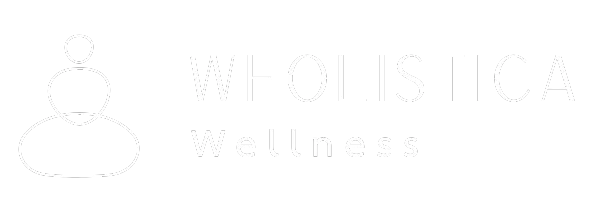OUR BLOG

Improved Mental Clarity and Focus Through Meditation
In an age filled with distractions and constant information overload, maintaining mental clarity and focus has become increasingly challenging. Fortunately, meditation presents an effective solution to improve these essential cognitive functions. By dedicating time to meditation, individuals can experience significant enhancements in their ability to concentrate, think clearly, and process information effectively.
The Science Behind Meditation and Mental Clarity
Research has demonstrated that meditation positively impacts brain function. Studies reveal that mindfulness meditation can alter brain structure, particularly in areas associated with attention and self-regulation. Regular practitioners often report increased gray matter density in the prefrontal cortex, the region responsible for executive functions like decision-making, problem-solving, and emotional regulation.
Moreover, meditation encourages a state of relaxation, which reduces stress and anxiety—two common barriers to clear thinking. When the mind is less cluttered with worries, it can focus on the task at hand, resulting in improved performance and creativity.
How Meditation Enhances Focus
Increases Attention Span:
Practicing meditation has been shown to increase attention span and concentration. Techniques such as focused attention meditation train the mind to maintain focus on a specific object or thought. This practice strengthens neural pathways, making it easier to sustain attention over longer periods.Reduces Mental Clutter:
Meditation encourages individuals to observe their thoughts without judgment. This process helps in identifying and letting go of distractions, leading to a more organized and clear mental state. As a result, practitioners find it easier to concentrate on what truly matters, enhancing overall productivity.Enhances Memory:
Regular meditation has been linked to improvements in memory retention. By promoting relaxation and reducing stress, meditation allows for better information processing and recall. Techniques like visualization during meditation can further enhance memory by creating vivid mental images associated with the information being learned.Boosts Creativity:
A clear and focused mind is often more creative. Meditation allows for free-flowing thoughts and ideas, encouraging innovative thinking. Many artists, writers, and thinkers credit their creative breakthroughs to moments of stillness achieved through meditation.
Practical Tips for Incorporating Meditation
Starting a meditation practice can be simple and accessible. Here are some practical tips:
Set Aside Time: Dedicate a specific time each day for meditation, even if it's just a few minutes. Consistency helps build a habit.
Create a Comfortable Space: Find a quiet, comfortable space where you can sit or lie down without distractions. A peaceful environment can enhance your experience.
Use Guided Meditations: For those new to meditation, guided sessions can be beneficial. Platforms like YogaUnited offer a variety of resources, including guided meditations, to help you get started.
Experiment with Different Techniques: There are numerous meditation styles, such as mindfulness, loving-kindness, and body scan. Explore different methods to find what resonates best with you.
Be Patient: Building mental clarity and focus through meditation takes time and practice. Stay patient with yourself as you develop your skills.
Integrating meditation into your daily routine can significantly enhance your mental clarity and focus. With improved attention span, reduced mental clutter, better memory, and increased creativity, you’ll be better equipped to navigate life’s challenges.
Consider exploring resources like Yoga United to support your meditation practice and further enhance your cognitive abilities.
One or more of the links above are affiliate links, meaning, at no additional cost to you, we will earn a slight commission if you click through and make a purchase. Each of these products is chosen by a trusted member of our team.

Copyright 2024. All rights reserved
